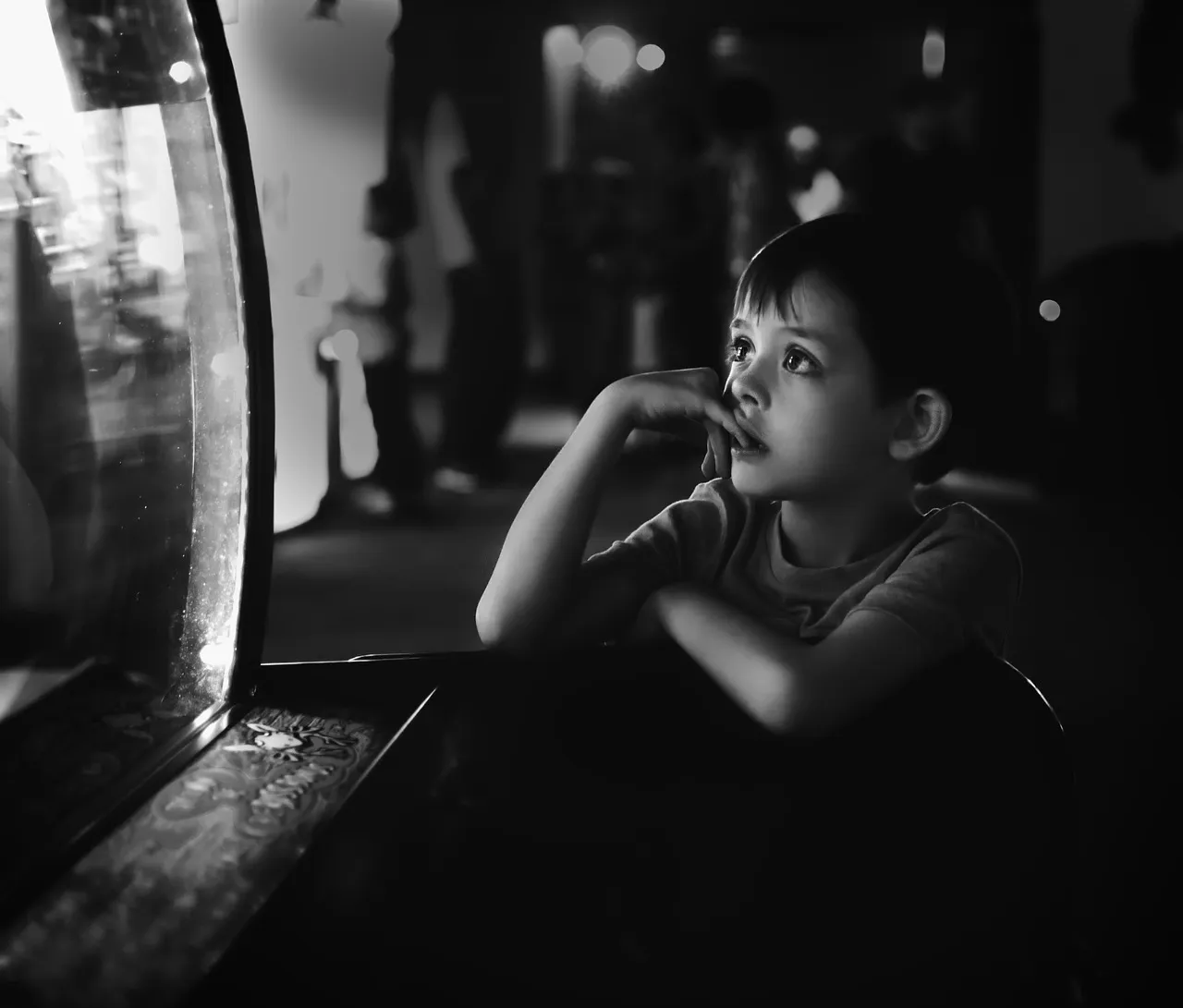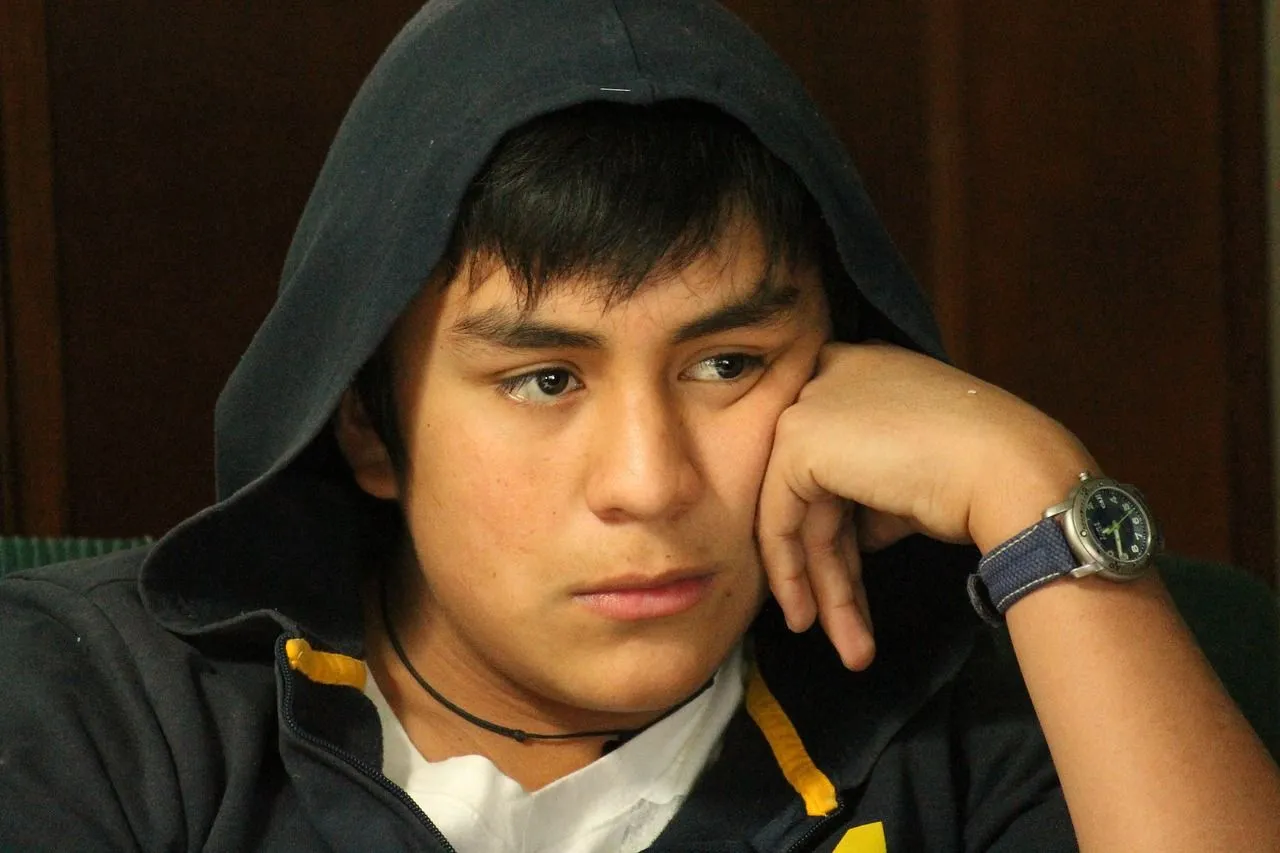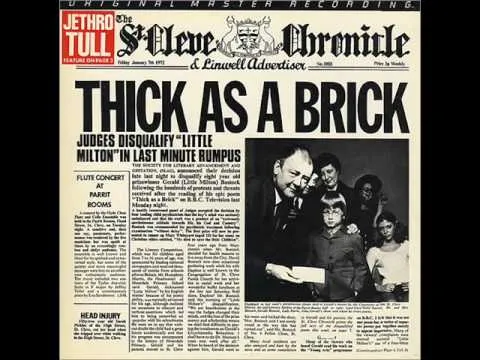
Escribir sobre paradigmas y patrones de comportamiento se me dificulta, porque en mi experiencia personal, desafiarlos ha significado enfrentar la autoridad. Y cuando digo "autoridad", me refiero tanto a los roles familiares como a los institucionales. Ese poder coercitivo que se gesta en la infancia, en el hogar, y que luego se perpetúa en el aula de clases.
Muchos patrones se anidan en nuestros corazones, crean nudos en la garganta y una presión en el pecho. Crecemos con una inexpresividad que impacta en la conciencia, buscando formas de ocultarla. Porque la obediencia es la regla y la incomprensión permanece al otro lado de la puerta, en un pasillo que se alarga a medida que avanzamos. Al menos así lo he percibido en mi recorrido compartiendo mis vivencias y escuchando experiencias ajenas.
Cambiar las reglas es difícil, especialmente cuando hay jefes.
! [English version ]
Writing about paradigms and patterns of behavior is difficult for me, because in my personal experience, challenging them has meant confronting authority. And when I say "authority", I am referring to both family and institutional roles. That coercive power that is gestated in childhood, in the home, and then perpetuated in the classroom.
Many patterns nestle in our hearts, create knots in the throat and a pressure in the chest. We grow up with an inexpressiveness that impacts the conscience, looking for ways to hide it. Because obedience is the rule and incomprehension remains on the other side of the door, in a corridor that lengthens as we move forward. At least this is how I have perceived it in my journey, sharing my experiences and listening to the experiences of others.
Changing the rules is difficult, especially when there are bosses.

El paradigma que marcó mi infancia y parte de mi vida se llama meritocracia. La meritocracia que yo viví se basaba en el rendimiento académico: ser excelente, comportarse siempre bien y ser disciplinado, incluso si eso implicaba obedecer caprichos ajenos. Esa era la fórmula mágica que me garantizaría un futuro que, a mi mediana edad, se me presenta incierto.
En mi etapa escolar, tenía dificultades para leer y socializar. Prefería jugar o dibujar, dejando las tareas para el final y sin interés en participar en clase. Esto alarmó a mis padres. Mis recuerdos de esa época son vagos, pero mi madre me ha contado que, un día, yo había encontrado unos libros guardados en un librero y de repente empecé a leerlos. Pasaba horas y horas con ellos, deje de lado mis juguetes y mis amigos. En cuestión de semanas, aprendí a leer con fluidez. Cuando la maestra lo notó, se quedó atónita por mi desarrollo y mi capacidad para expresarme con oraciones complejas.
Mi paso de "flojo de la lectura" a lector voraz fue un motivo de alegría para mis padres y una señal de que finalmente estaba actuando por mi propio bien. Sin embargo, cuando ascendí de grado escolar, se desencadenó una serie de eventos que nublaron mi infancia.
Significó un antes y un después, abriendo las puertas a una etapa llena de vicisitudes y dificultades.
! [English version]
The paradigm that marked my childhood and part of my life is called meritocracy. The meritocracy I lived in was based on academic performance: being excellent, always behaving well and being disciplined, even if that meant obeying other people's whims. That was the magic formula that would guarantee me a future that, at my middle age, seems uncertain.
In my school years, I had difficulty reading and socializing. I preferred to play or draw, leaving homework to the end and not interested in participating in class. This alarmed my parents. My memories of that time are vague, but my mother has told me that, one day, I had found some books stored in a bookcase and suddenly I started reading them. I spent hours and hours with them, leaving aside my toys and my friends. In a matter of weeks, I learned to read fluently. When the teacher noticed, she was astonished by my development and my ability to express myself in complex sentences.
My move from "reading slacker" to voracious reader was a source of joy for my parents and a sign that I was finally acting in my own best interest. However, when I moved up a grade in school, it triggered a series of events that clouded my childhood. It meant a before and an after, opening the doors to a stage full of vicissitudes and difficulties.
It meant a before and an after, opening the doors to a stage full of vicissitudes and difficulties.

Las tareas para el hogar, especialmente la elaboración de informes y ensayos, me abrumaban. Al principio, no me interesaba: prefería jugar con mis amigos en la PlayStation. Pero me prohibieron la consola y las salidas, obligándome a concentrarme en los estudios.
Ante la presión de mis padres y la prohibición de mis actividades favoritas, comencé a elaborar informes que superaban con creces las expectativas de la maestra. En los trabajos en grupo, mis compañeros se molestaban, sentían que ellos debían esforzarse más para comprender los argumentos y defenderlos en las exposiciones. A mí no me importaba, pues mi esfuerzo me permitía captar las ideas y argumentos principales.
En el fondo, yo sabía que les convenía porque así obtendrían una alta calificación sin escribir una sola línea. Pero también sentía que algo no estaba bien. Me convertí en una especie de "máquina de hacer tareas", sacrificando mi tiempo de juego y mi propia felicidad por cumplir con las expectativas del colegio. Mis días se llenaron de grises: largas horas frente al lápiz y el papel, discusiones con mis compañeros y la constante presión por mantener mi "estatus".
La escuela se convirtió en una jaula, donde mi valor se medía en tareas y no en sueños.
! [English version]
Homework, especially writing reports and essays, overwhelmed me. At first, I wasn't interested: I preferred to play with my friends on the PlayStation. But I was banned from the console and from going out, forcing me to concentrate on my studies.
Faced with pressure from my parents and a ban on my favorite activities, I began to write reports that far exceeded the teacher's expectations. In group work, my classmates were annoyed, feeling that they had to work harder to understand the arguments and defend them in the presentations. I didn't mind, because my effort allowed me to grasp the main ideas and arguments.
Deep down, I knew it was good for them because they would get a high grade without writing a single line. But I also felt that something wasn't right. I became a sort of "homework machine," sacrificing my playtime and my own happiness to meet the school's expectations. My days were filled with grays: long hours in front of pencil and paper, arguments with my classmates, and constant pressure to maintain my "status." School became a cage, where my worth was measured in tasks and not in dreams.
School became a cage, where my worth was measured in tasks and not in dreams.

Al principio, la adulación de mi maestra por mis trabajos escritos me resulto un poco reconfortante, pero su efecto fue fugaz. Mis compañeros de clase, en lugar de apreciar mis pequeños logros, me trataron con desprecio. Burlas, insultos y tratos inmerecidos se convirtieron en mi rutina escolar.
Un día, le presté mis libros a una compañera. Semanas después, al pedirlos de vuelta, me dijo que los había usado como juguetes y los había roto por completo. Me sentí desconcertado, incapaz de comprender por qué me trataban tan mal.
Prefería pasar tiempo solo, enfocándome en demostrar mis habilidades intelectuales en clase.
! [English version]
At first, I found my teacher's adulation for my written work somewhat comforting, but its effect was fleeting. My classmates, instead of appreciate my small achievements , treated me with contempt. Teasing, insults and undeserved treatment became my school routine.
One day, I lent my books to a classmate. Weeks later, when I asked for them back, she told me that I had used them as toys and had broken them completely. I felt bewildered, unable to understand why I was being treated so badly. I preferred to spend time alone, focusing on demonstrating my intellectual abilities in class.
I preferred to spend time alone, focusing on demonstrating my intellectual abilities in class.

Crecí con esos recuerdos amargos en mi memoria. Al llegar a la secundaria, la historia se repitió. Esta vez, sin embargo, la culpa se apoderó de mí. Reprimí mis habilidades, convenciéndome de que destacar no era conveniente. decidí mantenerme reservado, ocultando mi potencial para evitar el maltrato.
La ambivalencia emocional me consumía. Por un lado, mi familia exigía excelencia educativa. Por otro lado, el colegio me convertía en un foco de bullying. Mi educación se convirtió en un campo de batalla diario, mientras que luchaba por mantener un promedio de notas aceptable. destacar solo traía problemas.
No tenía amigos que comprendieran mi situación. Me limité a aprobar las materias con las calificaciones mínimas indispensables, dudando de la utilidad y el valor de la educación para mi futuro. ¿Era este parte del futuro que me habían prometido? ¿Era este el precio del éxito? No lo sabía. Solo tenía una certeza: algo dentro de mí se había roto, y no sabía cómo repararlo.
La enseñanza me parecía vacía, sin conexión con mi futuro.
! [English version]
I grew up with those bitter memories in my memory. When I reached high school, history repeated itself. This time, however, guilt took over. I repressed my abilities, convincing myself that standing out was not desirable. I decided to keep to myself, hiding my potential to avoid mistreatment.
Emotional ambivalence consumed me. On the one hand, my family demanded educational excellence. On the other hand, school made me a focus of bullying. My education became a daily battleground, as I struggled to maintain an acceptable grade point average. standing out only brought problems.
I had no friends who understood my situation. I limited myself to passing subjects with the bare minimum grades, doubting the usefulness and value of education for my future. Was this part of the future I had been promised? Was this the price of success? I did not know. I had only one certainty: something inside me was broken, and I didn't know how to fix it.
The education seemed empty, with no connection to my future.

La misma actitud me acompañó hasta graduarme. En la universidad, la mantuve hasta cierto punto, aunque el trato era más amigable y el bullying ya no era una constante. Incluso hice nuevos amigos, para mi sorpresa, descubrí que a ellos también les gustaba leer y demostrar sus habilidades.
Sin embargo, presenciarlo me generaba una extraña sensación de no encajar. Me sentía impotente, incapaz de demostrar mi verdadero potencial. Era como una crisis de identidad: ¿Por qué antes, de niño, podía destacar con mi inteligencia, y ahora, siendo adulto, no podía hacerlo con el mismo ímpetu?
Comprendí que las deficiencias e ineptitudes que se habían acumulado desde mi niñez conformaban una base endeble para desenvolverme en un entorno más desafiante que exigía excelencia académica, laboral y social.
Al principio, me desconcertó ese cambio vertiginoso en mi vida. Pero luego me di cuenta de que tenía nuevos amigos y que, finalmente, a pesar de mis torpezas y tristezas, poco a poco pude recuperar la confianza para expresar mis aficiones, como la lectura y la escritura.
Deje huella en los recuerdos de algunos amigos que presenciaron mis habilidades.
! [English version]
The same attitude accompanied me until I graduated. In college, I maintained it to some extent, although the treatment was friendlier and bullying was no longer a constant. I even made new friends and, to my surprise, I discovered that they also liked to read and demonstrate their skills.
However, witnessing it gave me a strange feeling of not fitting in. I felt powerless, unable to show my true potential. It was like an identity crisis: Why was it that before, as a child, I could stand out with my intelligence, and now, as an adult, I could not do it with the same impetus?
I realized that the deficiencies and ineptitudes that had accumulated since my childhood formed a weak foundation for me to perform in a more challenging environment that demanded academic, work and social excellence.
At first, I was puzzled by this dizzying change in my life. But then I realized that I had new friends and that, finally, despite my awkwardness and sadness, I was gradually able to regain the confidence to express my hobbies, such as reading and writing.
I left a mark in the memories of some friends who witnessed my skills.

Para mí fue crucial encontrar personas con las que sentía afinidad. Al principio, me sentía incómodo porque no sabía cómo relacionarme de forma honesta. El peso de la inexpresividad, producto de la represión, me causaba impotencia. Pero poco a poco fui superándola.
He encontrado mi niño interior, pero no en el contexto del paradigma meritocrático de la educación, sino en lugares donde las personas naturalmente intentan cultivar su ser interior a través de la lectura y la escritura.
Encontré conexión con personas que valoraron mi presencia más allá de las etiquetas.
! [English version]
It was crucial for me to find people with whom I felt an affinity. At first, I felt uncomfortable because I didn't know how to relate honestly. The weight of inexpressiveness, a product of repression, made me impotent. But little by little I overcame it.
I have found my inner child, but not in the context of the meritocratic paradigm of education, but in places where people naturally try to cultivate their inner self through reading and writing. I found connection with people who valued my presence beyond labels.
I found connection with people who valued my presence beyond labels
